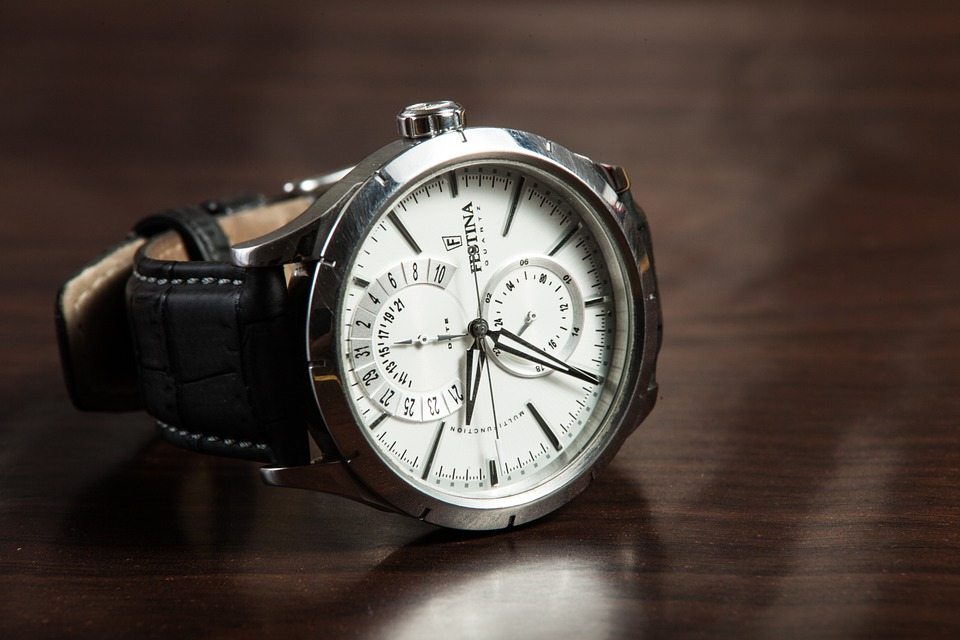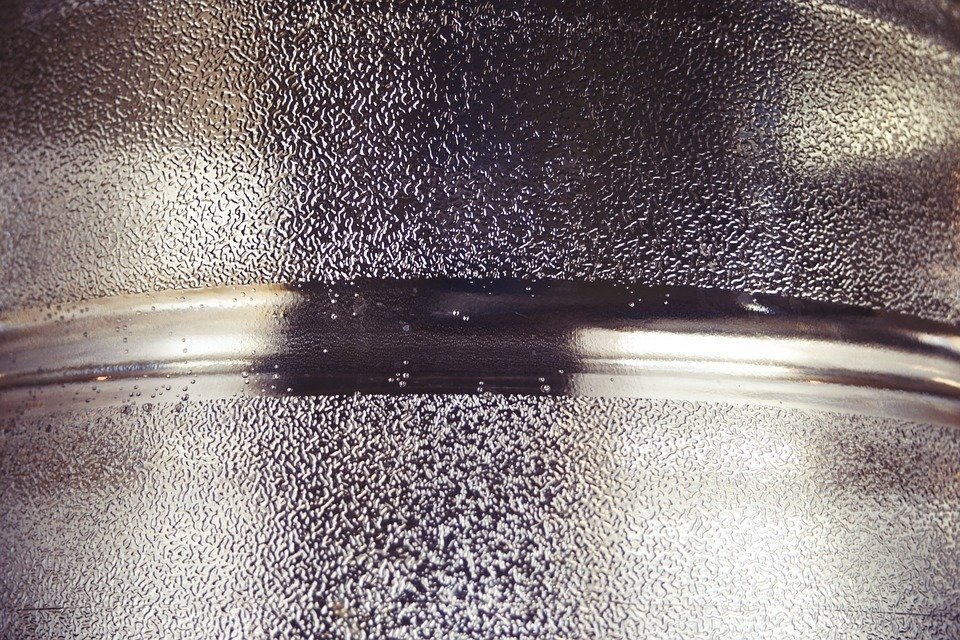Business
The beauty and durability of titanium watches
Titanium watches are more durable than the ones made of stainless steel.

Most people regard titanium as an essential metal for the aerospace, medical, and paints and pigments industries, but not everyone knows that the metal can also be used in jewelry, particularly watches. In fact, had titanium been a bit cheaper, it could have replaced stainless steel because of its laudable characteristics.
Titanium is a lightweight, scratch-resistant, and non-magnetic metal that is superior to stainless steel in terms of density and corrosion resistance, especially in saltwater. This makes titanium watches ideal for underwater use and can be worn daily even in harsh environments.
The metal is impervious to all acids except for nitric acid, which is something that is not abundant in daily life. Its corrosion resistance is similar to that of platinum, and only zirconium can beat titanium in this area. In addition, the metal’s corrosion resistance makes it hypoallergenic, so it is less likely to cause irritation if the skin perspires.
Strength and toughness
Strength and toughness are where titanium excels. It has a very high strength grade, with Grade 5 titanium alloy used for watches having a strength of around 1,000 MPa—five times that of ordinary steel. Even pure titanium, which has generally inferior properties, is quite strong at around 350 MPa. Titanium has also shown that it can absorb around 20 joules of energy on impact test. Weight is also a notable property of titanium, as it only weighs half the weight of steel with the same volume.

Titanium watches are expensive but strong and durable. (Source)
While titanium mostly beats stainless steel in terms of properties, the biggest downside of the metal is how expensive it is to produce. Although titanium is relatively abundant—it makes up 0.6 percent of Earth’s crust from two main ores, ilmenite and rutile—the traditional Kroll process used for refining the metal is far from being economical. Hence, titanium watches, like the Sinn T2 and Tudor Pelagos, are more expensive than stainless steel watches. Titanium is also harder to work with than stainless steel, thus adding to the overall cost of the watch.
Electrochemical method
Fortunately, the University of Cambridge and Chile-based miner White Mountain Titanium Corporation has come up with the Chinuka process, a novel electrochemical method which simultaneously combines electroextraction with electrorefining to produce high purity titanium. It simplifies the Kroll process by eliminating the sulfate and chloride processes and instead of making use of electro-deoxidation of metal oxides in a calcium chloride electrolyte, thereby producing high-value titanium metals and alloys.
The process offers a number of specific advantages over existing technologies, the most significant of which is the ability to treat impure ores. This also results in an easier and more cost-effective method of titanium production.
Though the Chinuka process is not yet a mainstream method, it is expected that it could eventually become a better replacement to the Kroll process. Hence, watches made of titanium cases might one day become a lot more affordable and readily available to consumers.
—
This article may include forward-looking statements. These forward-looking statements generally are identified by the words “believe,” “project,” “estimate,” “become,” “plan,” “will,” and similar expressions. These forward-looking statements involve known and unknown risks as well as uncertainties, including those discussed in the following cautionary statements and elsewhere in this article and on this site. Although the Company may believe that its expectations are based on reasonable assumptions, the actual results that the Company may achieve may differ materially from any forward-looking statements, which reflect the opinions of the management of the Company only as of the date hereof. Additionally, please make sure to read these important disclosures.

-

 Africa3 days ago
Africa3 days agoSurging Expenditures Widen Morocco’s Budget Deficit Despite Revenue Growth
-

 Markets2 weeks ago
Markets2 weeks agoSoybean Market Reacts to Trade Hopes, High Stocks, and Global Price Pressure
-

 Cannabis12 hours ago
Cannabis12 hours agoGermany Moves to Curb Medical Cannabis Abuse, Sparking Access Concerns
-

 Cannabis1 week ago
Cannabis1 week agoSwitzerland Advances Cannabis Legalization with Public Health Focus
























